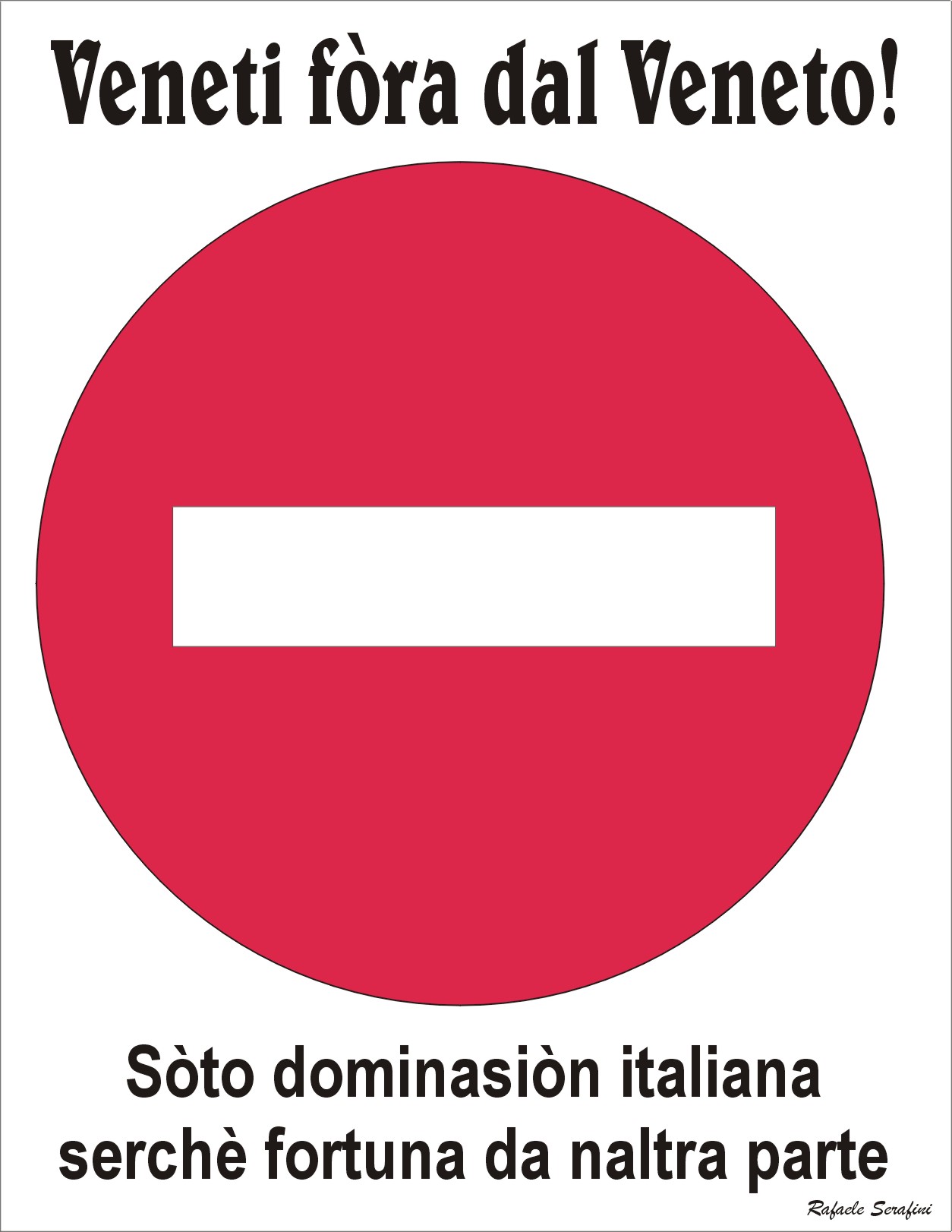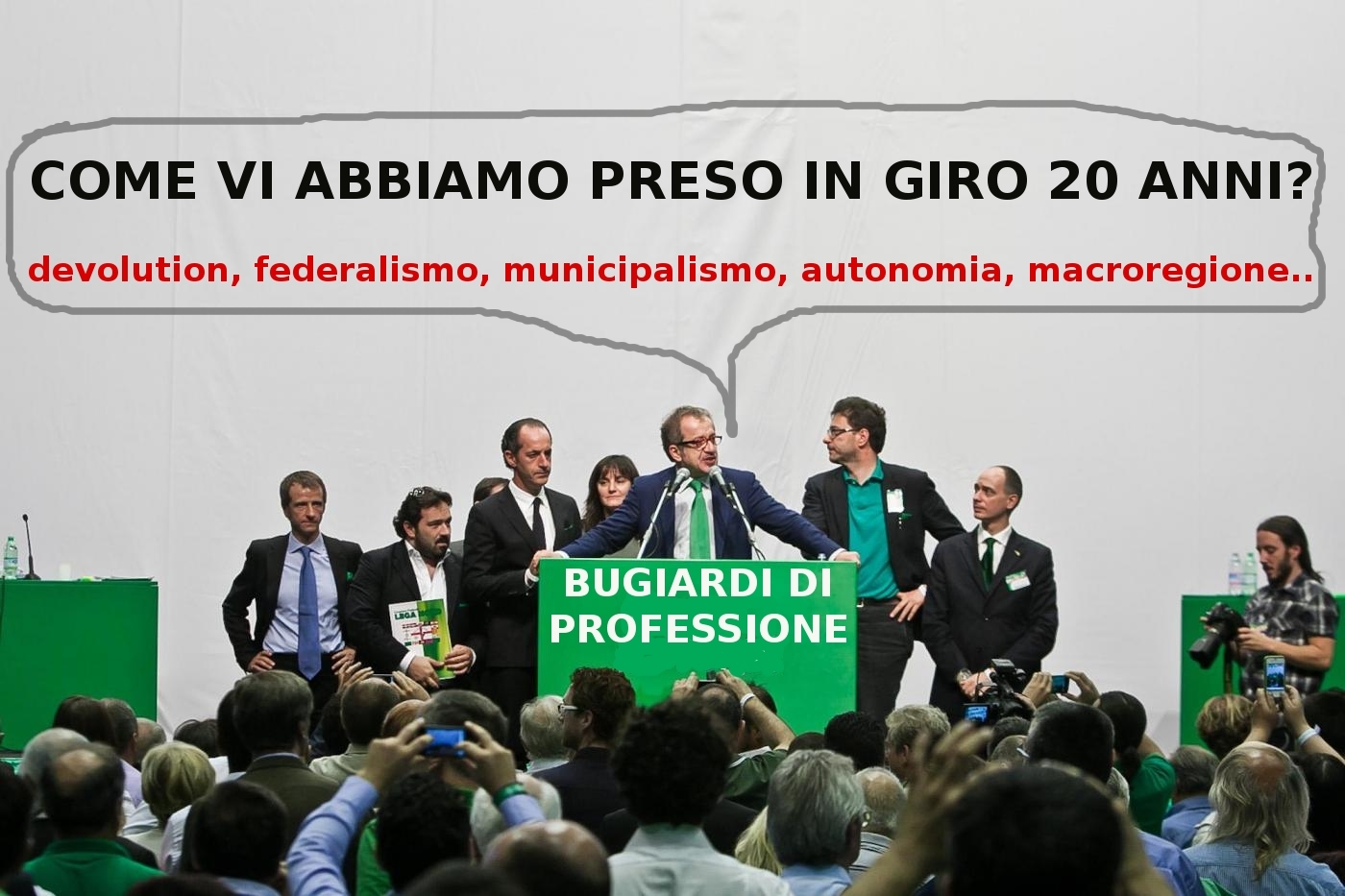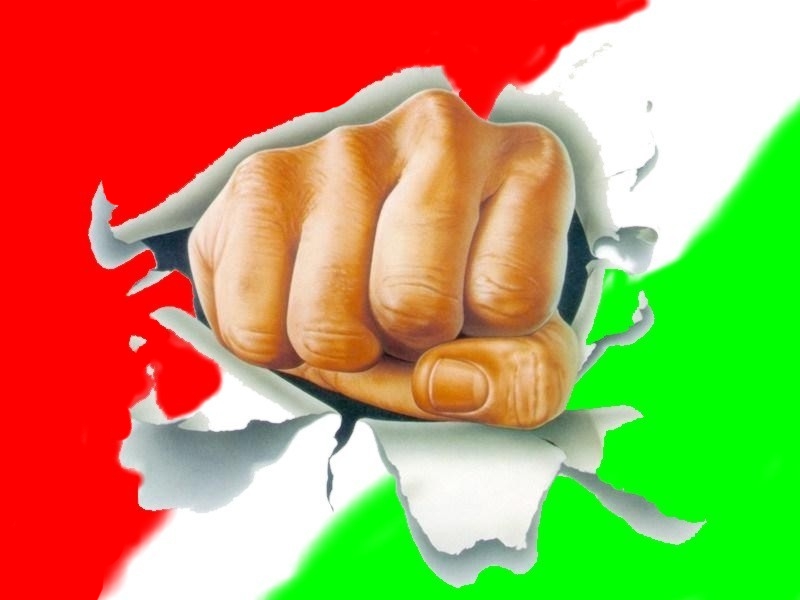AARON SWARTZ UN MARTIRE DELLA LIBERTÀ

26 anni, un genio dell’informatica, un brillante studente del Mit di Boston. Aveva lottato tutta la vita per la libertà del web, per la condivisione libera e gratuita dell’informazione e di tutto ciò che è virtuale.
Gli Stati Uniti d’America lo volevano sepolto per 35 anni in una cella per il solo fatto di aver divulgato liberamente i risultati della ricerca fatta nei laboratori Usa che è finanziata con i soldi pubblici. Aaron rivendicava che tutto ciò che viene prodotto con il denaro pubblico, ed in particolare la ricerca, divenissero patrimonio comune dell’umanità. Eco perchè è morto. Si è suicidato per fuggire all’ergastolo. Gli Stati Uniti d’America sono diventati la patria dell’oppressione di tutte le libertà, da quelle informatiche, da quelle sulla libertà di espressione a quelle ancor più elementari come la libertà di movimento. Abu Graib, Guantanamo, i droni, la persecuzione contro dissidenti come Assange, le guerre unilaterali e invasioni di questi ultimi 20 anni sono solo la punta di un icebergh fatto di repressione di ogni libertà fondamentale e civile in Usa e nel mondo.
Gli attacchi del governo Usa contro la libertà di espressione sono sempre più evidenti, ed ormai il mondo intero vede gli Usa come il vero nemico di ogni libertà. I suoi vassalli Nato anche loro stanno facendo la fine degli stati satelliti Urss di 20 anni fà. Il muro di Berlino cade a ovest e la libertà è ad est. La crisi economica è solo una faccia di una crisi profonda ideologica e sistemica che parte da Washington.
Online activist’s death prompts call for reform
By April Dembosky in San Francisco
Computer hackers and academics have launched an online campaign supporting free access to information on the internet and calling for the reform of computer crime laws following the suicide of a 26-year-old computer programmer and internet activist.
Aaron Swartz was found dead in his Brooklyn apartment last Friday, three months before he was to face trial for allegedly hacking into the computer servers of Massachusetts Institute of Technology and illegally downloading 4.8m documents from a paid-for scientific journal service.
Social media channels and blogs erupted over the weekend with a debate over who should have access to such information and to what extent government prosecutors should police these online services.
Hundreds of researchers began making their copyrighted papers available via microblogging service Twitter on Sunday as a protest against the legal action against Mr Swartz, using the hashtag #pdftribute.
Anonymous, a loosely organised network of “hactivists”, took over pages of the MIT website on Sunday evening with a message about “the injustice of US computer crime laws”, in memoriam to Mr Swartz.
“Whether or not the government contributed to his suicide, the government’s prosecution of Swartz was a grotesque miscarriage of justice, a distorted and perverse shadow of the justice that Aaron died fighting for – freeing the publicly funded scientific literature from a publishing system that makes it inaccessible to most of those who paid for it,” the message read.
If convicted, Mr Swartz would have faced up to 35 years in prison and millions of dollars of fines.
His family said the stress of the trial and prospect of the penalties were what pushed him to suicide.
“The US Attorney’s office pursued an exceptionally harsh array of charges,” the family said in a statement issued on Saturday. “Aaron’s death is not simply a personal tragedy. It is the product of a criminal justice system rife with intimidation and prosecutorial over-reach.”
Rafael Reif, the president of MIT, published an open letter on Sunday, expressing condolences to Mr Swartz’s family and vowing to conduct a “thorough analysis” of MIT’s role in the events that led to Mr Swartz’s death.
“I have asked that this analysis describe the options MIT had and the decisions MIT made, in order to understand and to learn from the actions MIT took,” he said.
Activists and attorneys are now referring to the tragedy as a basis for broader reform of the laws that govern computer crimes and online activism.
Several legal experts say that taking 4.8m documents would be “wrong”.
“If not legally wrong, then at least morally wrong,” wrote Lawrence Lessig, a Harvard law professor who advised Mr Swartz.
But many legal experts say the punishment pursued by prosecutors was “inappropriate”.
Supporters of Mr Swartz say what he did was an act of political activism and he was not “stealing” the documents, but rather “liberating” them.
His fellow hactivists are now using the internet and its ability to spread arguments quickly to defend his actions and call for legal reforms – mirroring the kinds of tactics Mr Swartz had used for past political causes through his Demand Progress group.
Last year, through his advocacy group DemandProgress, Mr Swartz helped mobilise millions of people to oppose the Hollywood-backed anti-piracy legislation, the Stop Online Piracy Act and the Protect Intellectual Property Act. Mr Swartz, along with other internet activist groups and Silicon Valley companies, argued that the legislation would have limited access to online content, amounting to censorship.
Through a multi-faceted online campaign that included website blackouts and viral social media messages, the technology industry defeated the legislation. The proponents withdrew the legislation.















































